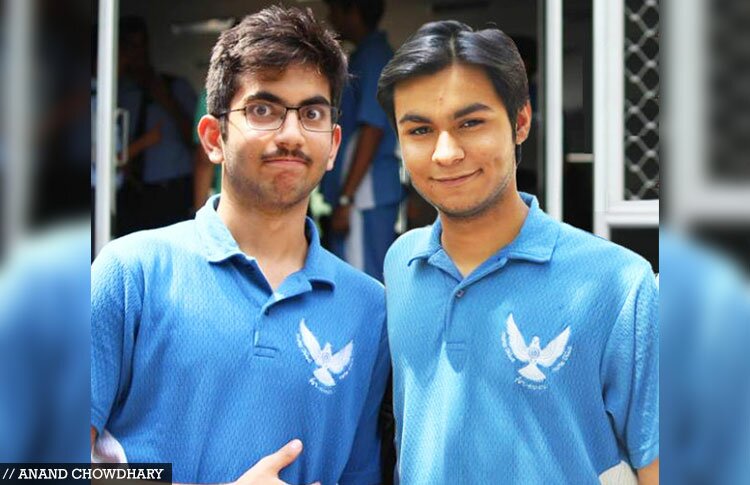
Jayati Godhawat
JWB Blogger
Investors To Get Returns For Funding Girl Education In Rajasthan
- JWB Post
- July 6, 2016
According to a new funding model for development programmes in India, private investors who invest in the education of the underprivileged Rajasthan girls will receive returns on their investment.
It’s allegedly the world’s first ‘development impact bond’ in which, donors or the government will provide returns on the funds invested by the private investors.
A grant-making foundation of the Swiss Bank, USB Optimus Foundation, invested in a programme by the charity ‘Educate Girls’ in rural Rajasthan for three years.
According to the sources, USB Optimus is entitled to receive the funds along with the interest of approximately 15 percent after the term ends and if the educational learning targets are met.
The Chief Executive of the Children’s Investment Fund Foundation, which will be repaying the investment and interest, stated,
“While this is designed to improve the quality of girls’ education in Rajasthan, the concept could be attractive to funders across a range of issues who want to make investments with both financial and social returns.”
The mission of such development bond is to impart quality education to 15,000 children in 140 villages of Bhilwara District, Rajasthan.
As per the released statements, so far, the programme has enrolled 44 percent of all out-of-school girls, identified in the first year and achieved 23 percent of the target for their learning progress.
Privatisation of the development programmes is done so that governments and donor agencies can ensure greater efficiency and reduce the risks of failures of the development programme.
However, some experts and people are disapproving this new model on the pretext that measurement of the achieved targets is difficult, and this can lead to erroneous results.
“It’s based on the premise that school education cannot be done by governments, but only by micro institutions, and that you can improve accountability and achieve targets with rather weak measurements and monetary incentives,” said Jayati Ghosh, a professor of economics at JNU New Delhi.
Well, only time will tell if this bond is a hit or miss. But, I am keeping my fingers crossed and hoping that it works as it can prove to be a revolutionary approach towards educating the underprivileged children in India.
- 0
- 0













